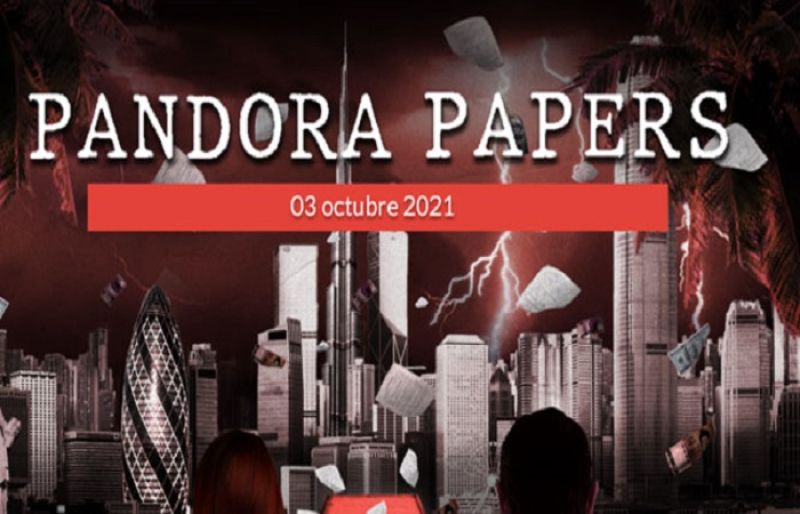A new financial data breach mobilizes media around the world. Explanations in 5 points.
Three personalities who appear in the “Pandora Papers”: Andrej Babis, Czech Prime Minister, Svetlana Krivonogikh, alleged former mistress of Vladimir Poutine, and Ukrainian President Volodymyr Zelensky.
What are the “Pandora Papers”?
This is a leak of some 11.9 million confidential documents from 14 active trust offices in tax havens like Panama, Dubai or î the British Virgin. Documents include emails, customer lists or invoices. Most relate to the creation of front companies to the customers cabinets international c A s Trident Trust, Asiaciti or Alcogal. The data volume is almost 3000 g igabytes and the most recent documents are from 2020.
What’s new with this data breach?
After the “ Panama Papers ” data leak in 2016, politicians around the world promised to clean up the offshore corporate sector. T he “Pandora Papers ” shows that this did not happen. P read massive than previous , this new leak reveals shell companies s of more than 3 00 politicians and officials of some 9 0 countries, including some 35 heads of É past or present state. Parmi them, Czech Prime Minister Andrej Babis, Ukrainian President Volodymyr Zelensky or the alleged former mistress of Vladimir Putin . Many of the offshore companies affected by the leak were active after 2016.
How is Switzerland concerned?
This leak concerns Switzerland even more than the “ Panama Papers ” . Out of some 20,000 offshore companies of the large Panamanian firm Alcogal, more than a third were linked to lawyers, trustees or other advisers based in Switzerland . Among the clients include the despots authoritarian countries and convicted criminals.
What is the relationship between the “Pandora Papers” and the Swiss parliament?
After the “ Panama Papers ” , the Federal Council launched a reform of Swiss law intended, among other things, to better supervise advisers, lawyers and fiduciaries. But this project failed in parliament, where several lawyers described the current legislation as almost perfect and Switzerland as a ” model student ” in the fight against money laundering . The “Pandora Papers ” show that these assurances were misleading.
Where does the data come from?
An anonymous source turned over the data to the Washington-based International Consortium of Investigative Journalists (ICIJ) . The Consortium l e s ae nsuite shared ‘re with partners around the world, including Switzerland Tamedia, editor of the ” Tribune de Genève ” to ” 24 H eures ” and “Sunday Morning” . More than 600 journalists in 117 countries and territories worked on this data.
Oliver Zihlmann is co-head of the Tamedia Investigation Unit. Its work focuses on in-depth research – regularly in cooperation with journalists from around the world. He is a member of the International Consortium of Investigative Journalists.
Sylvain Besson is an investigative journalist in the Tamedia investigation unit. He specializes in particular in matters affecting the financial center. Previously, he was deputy editor-in-chief of Le Temps . It received a Swiss Press award in 2017 for a survey on heavy fuel oil.











